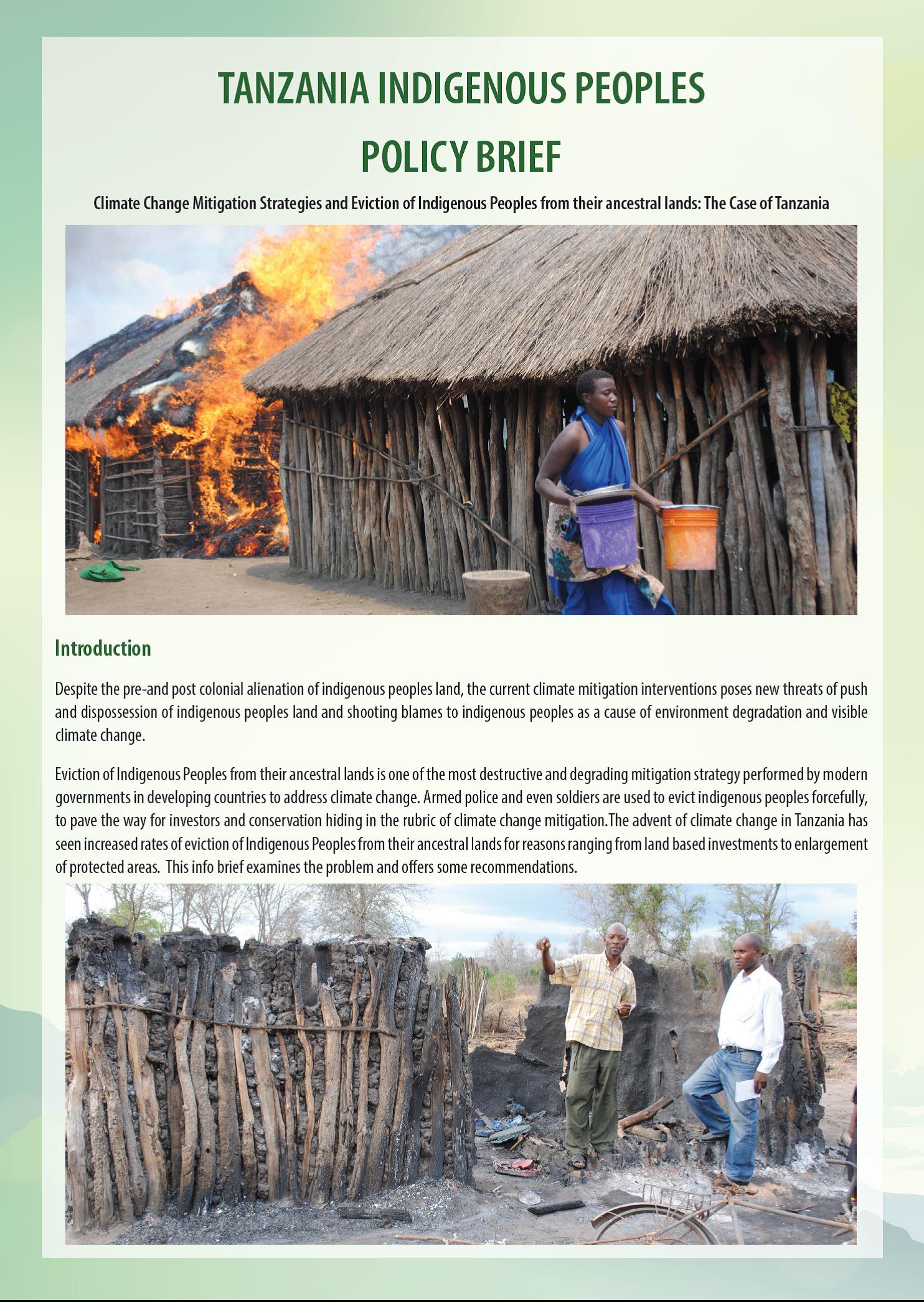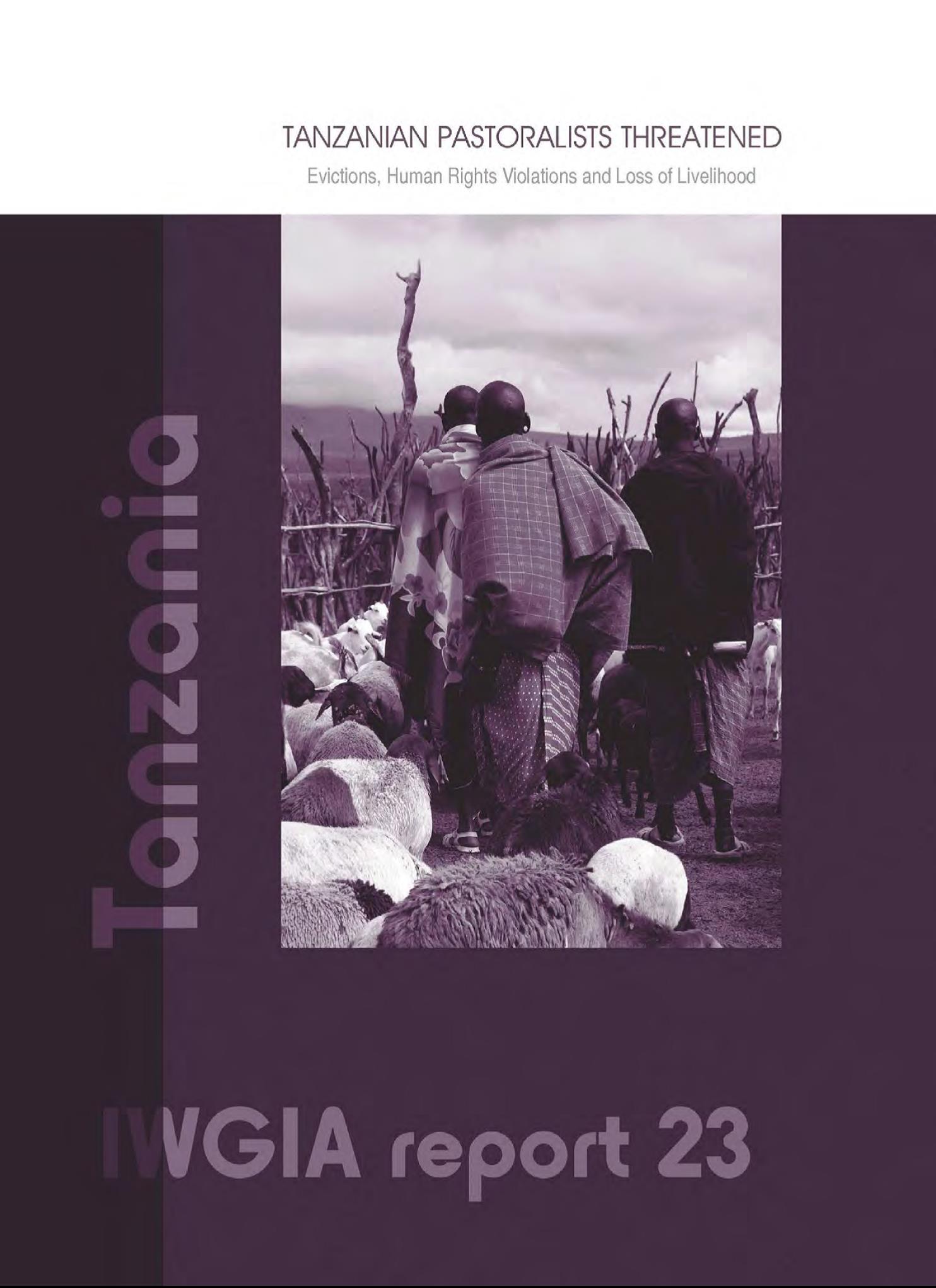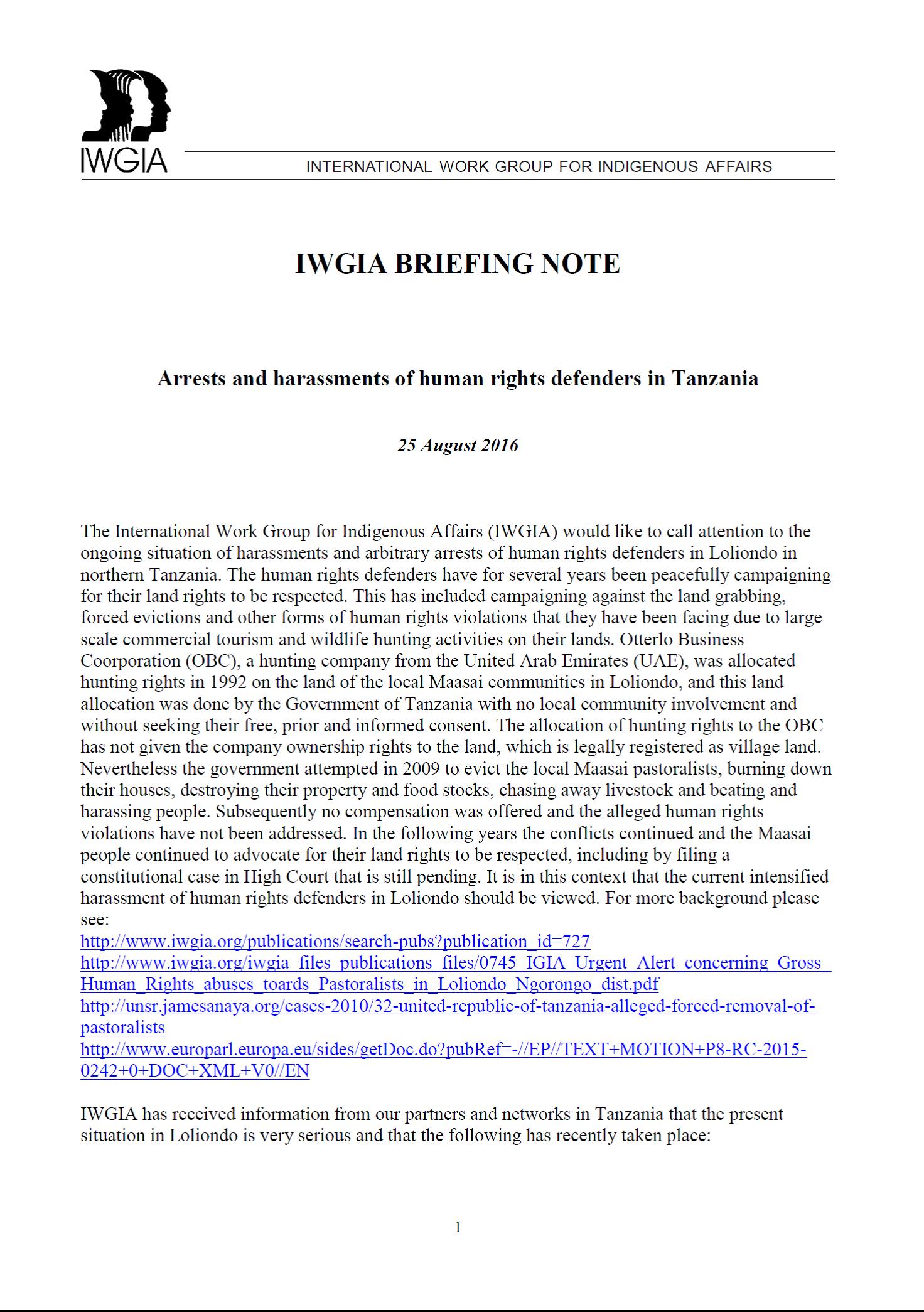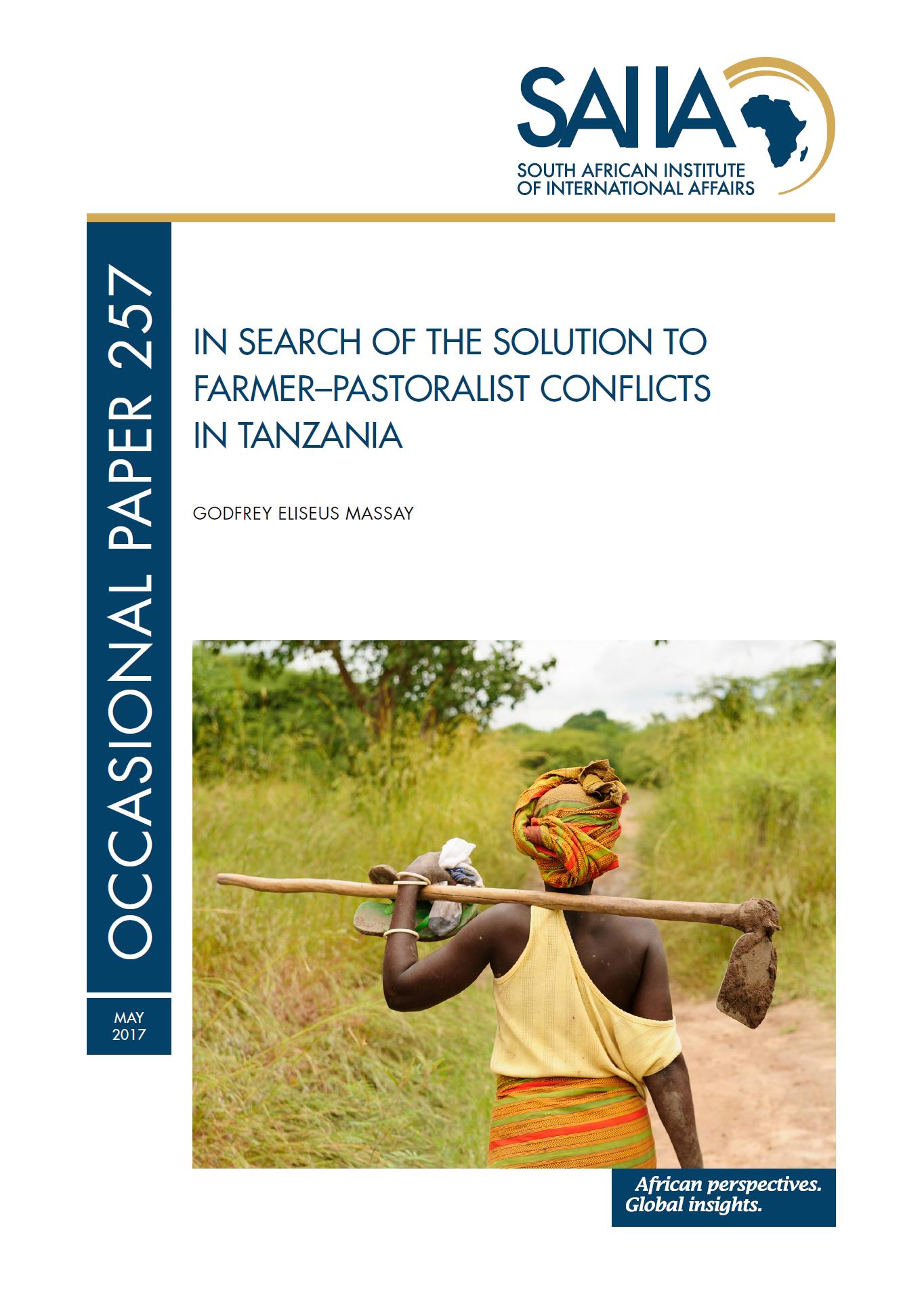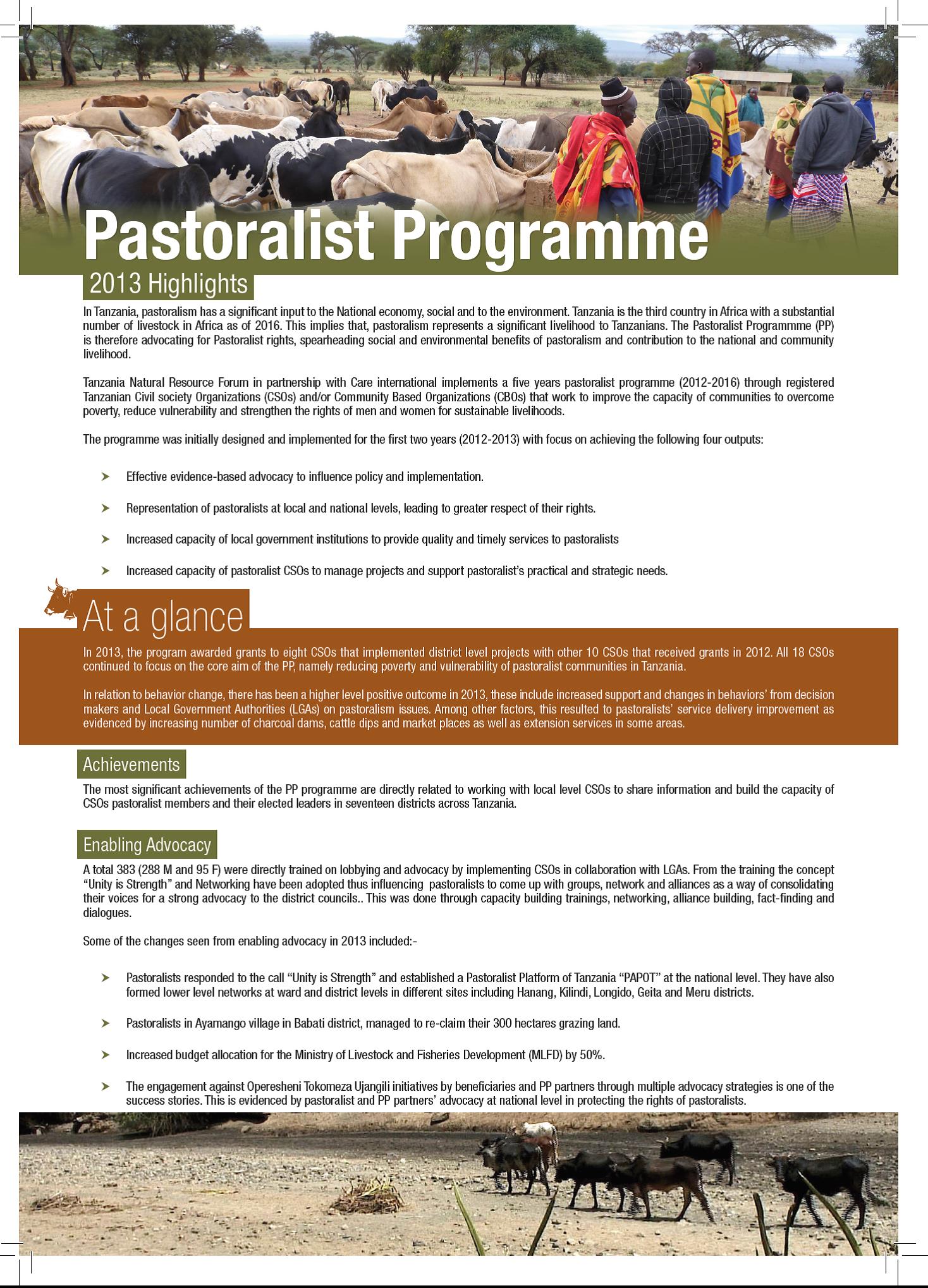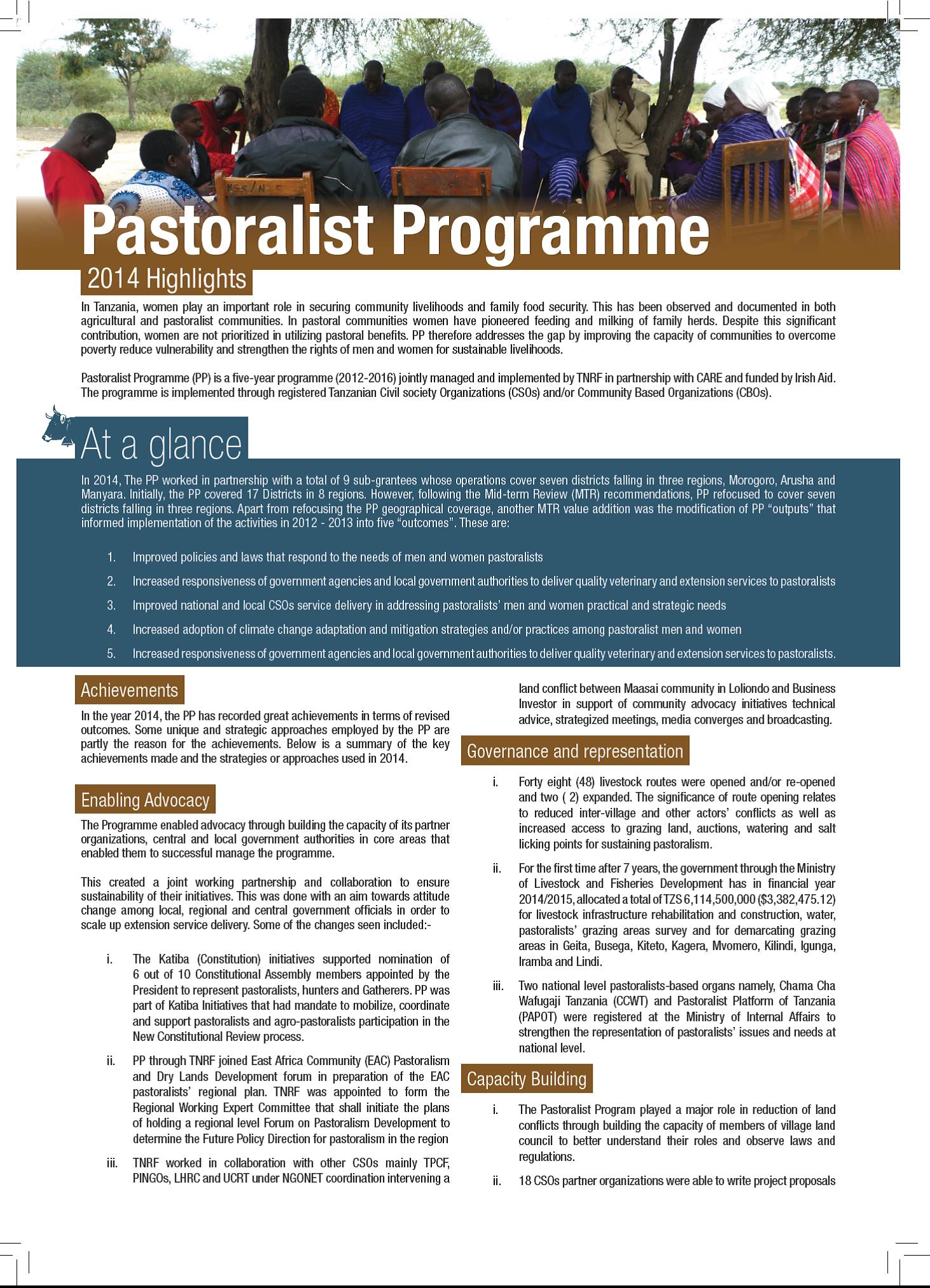Improving Governance of Pastoral Lands
The Technical Guide on Pastoralism builds on a number of initiatives and studies from recent years that have shone a light on pastoral governance and land tenure: on the inherent challenges pastoralists face, the shortcomings of governments in securing pastoral tenure, and the emerging examples of success and progress from around the world. This Technical Guide provides solutions to securing pastoral governance and tenure without undermining the inherent, necessary complexity of customary arrangements.
Know to Move, Move to Know
FAO’s goal is to alleviate poverty and hunger by promoting sustainable agricultural development, improved nutrition and food security, and ensuring that everyone has access at all times to the food they need for an active and healthy life. The importance of biological diversity for food security and sustainable agriculture has long been recognized by FAO; the Organization is working daily to promote its conservation and sustainable use in the contex of agriculture.
Forestry and food security
The current issue of Unasylva takes a long look at the relationship of forestry with food security, and asks the question, ''How can forestry development programmes and activities become as relevant as possible in ensuring economic and physical access to food by all people at all times?" In the lead article, M. Hoskins sets out the actual and potential contributions of forestry to food security, and suggests practical strategies for the incorporation of food security components in forestry development activities.
Pastoralist Knowledge Hub: Bringing pastoral voices to the global stage
The Hub brings together pastoralists and international actors to ensure that pastoralists’ concerns are integrated into the international policy dialogue. It is the first comprehensive initiative to attempt this.
Climate Change Mitigation strategies and evictions of indigenous peoples from their ancestral land.
Eviction of Indigenous Peoples from their ancestral lands is one of the most destructive and degrading mitigation strategy performed by modern governments in developing countries to address climate change. Armed police and soldiers are used to forcefully evict indigenous peoples to pave the way for investors and conservation in the name of climate change mitigation.
Tanzania Pastoralists threatened: eviction, human rights violations and loss of livelihood
The report explores the evictions of pastoralists and other conflicts over pastoralists’ land in Tanzania, with focus on the past decade.
Although most of these evictions and land based conflicts have been documented, the associated human and legal rights violations have increasingly lead to concern amongst civil society. A study was therefore commissioned to collate the available information as well as to visit affected pastoralist communities to assess the current situation faced by pastoralists in the country.
Arrests and harassments of human rights defenders in Tanzania
This briefing note call attention to the ongoing situation of harassments and arbitrary arrests of human rights defenders in Loliondo in northern Tanzania.It offers an account of the recent events taking place in the area and background information.
IWGIA believes that these developments are a cause of great concern. The detentions, harassment and trumped up charges undermine civil society and other stakeholders, limiting their options to carry out human rights work in Tanzania.
In Search of the Solution to Farmer–Pastoralist Conflicts in Tanzania
Land-use conflict is not a new phenomenon for pastoralists and farmers in Tanzania with murders, the killing of livestock and the loss of property as a consequence of this conflict featuring in the news for many years now. Various actors, including civil society organisations, have tried to address farmer–pastoralist conflict through mass education programmes, land-use planning, policy reforms and the development of community institutions. However, these efforts have not succeeded in the conflict.
Pastoralist Programme
Tanzania Natural Resource Forum in partnership with Care international implements a five years pastoralist programme (2012-2016) through registered Tanzanian Civil society Organizations (CSOs) and/or Community Based Organizations (CBOs) that work to improve the capacity of communities to overcome poverty, reduce vulnerability and strengthen the rights of men and women for sustainable livelihoods. This brief covers some highlights for 2013.
Pastoralist Programme
In the year 2014, the PP has recorded great achievements in terms of revised outcomes. Some unique and strategic approaches employed by the PP are partly the reason for the achievements. This brief is a summary of the key achievements made and the strategies or approaches used in 2014.

